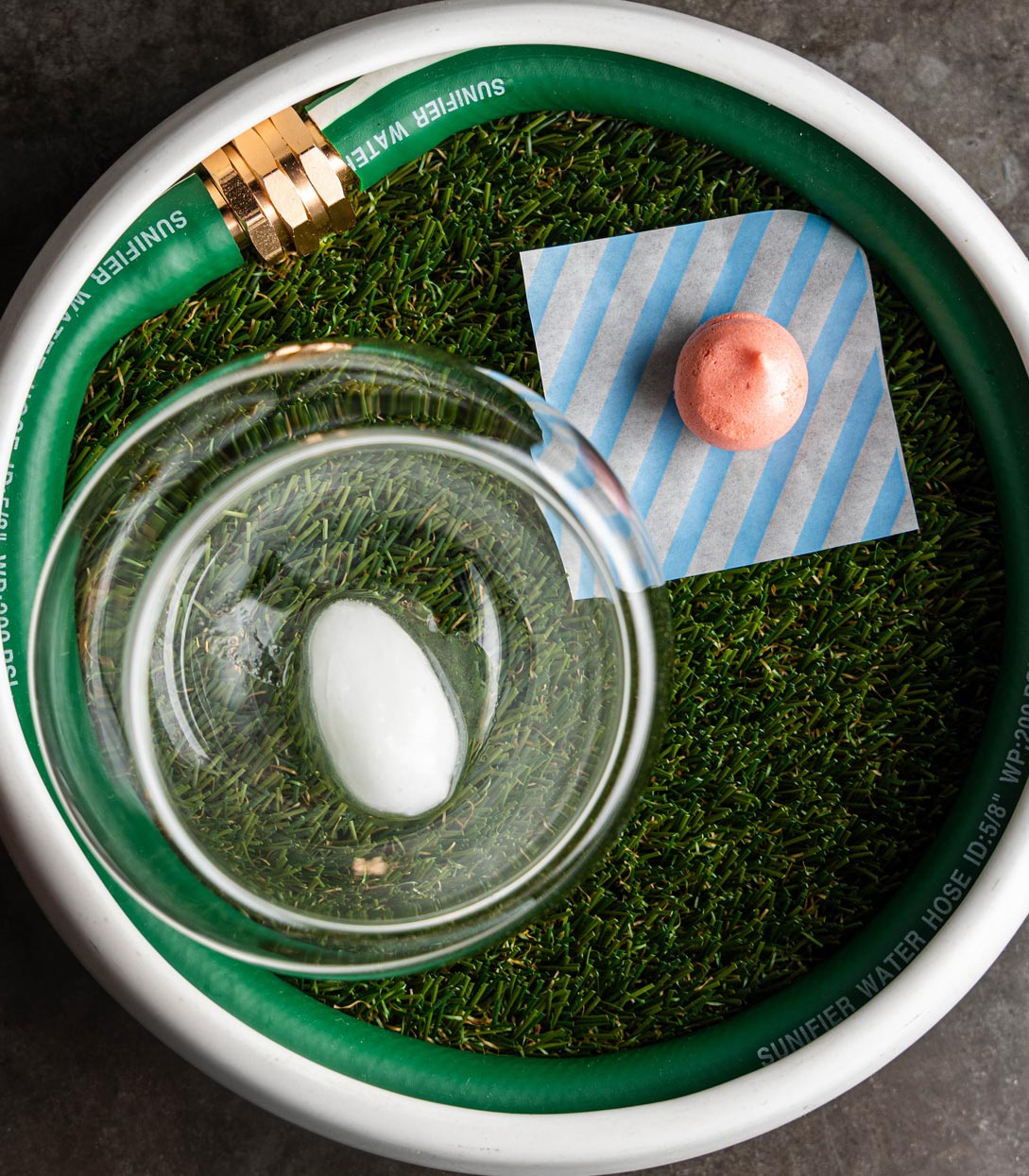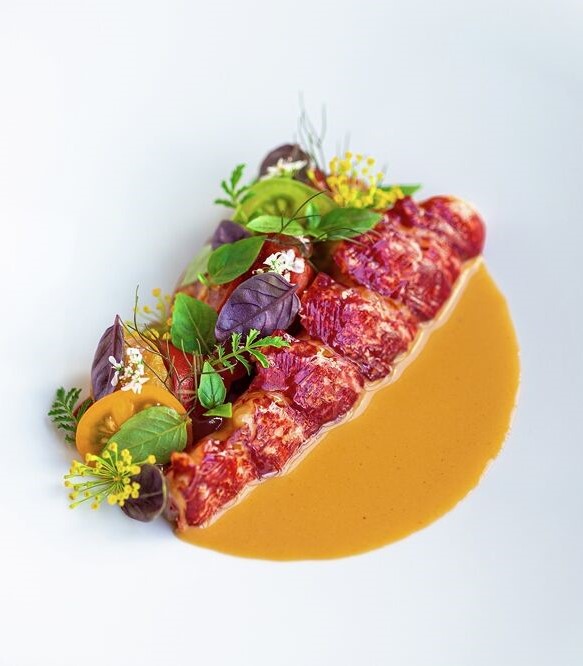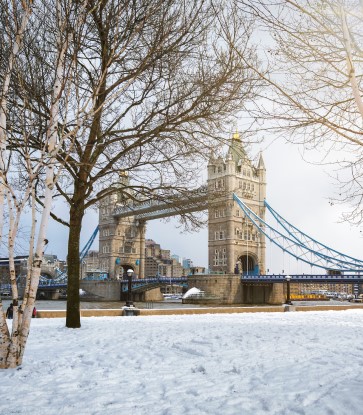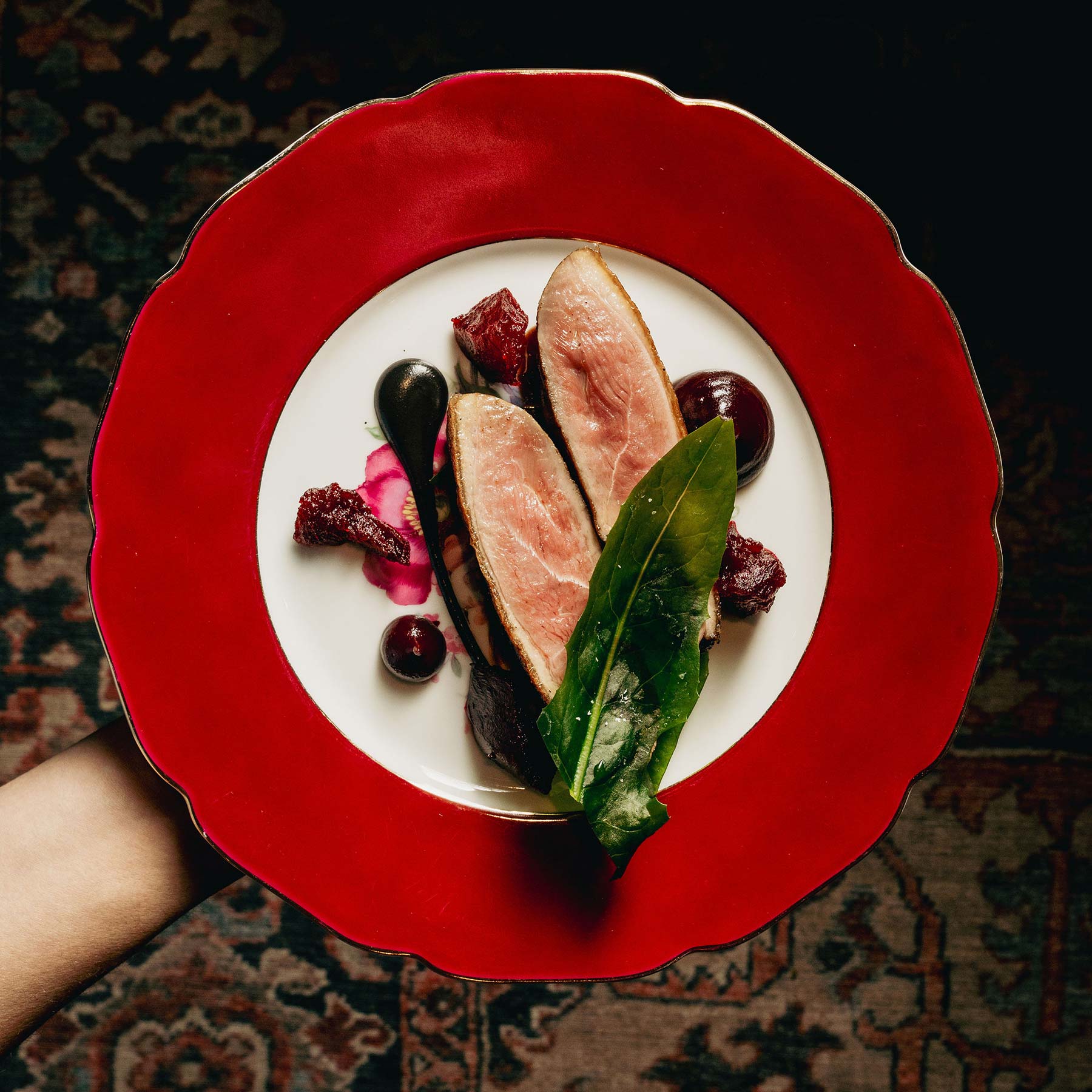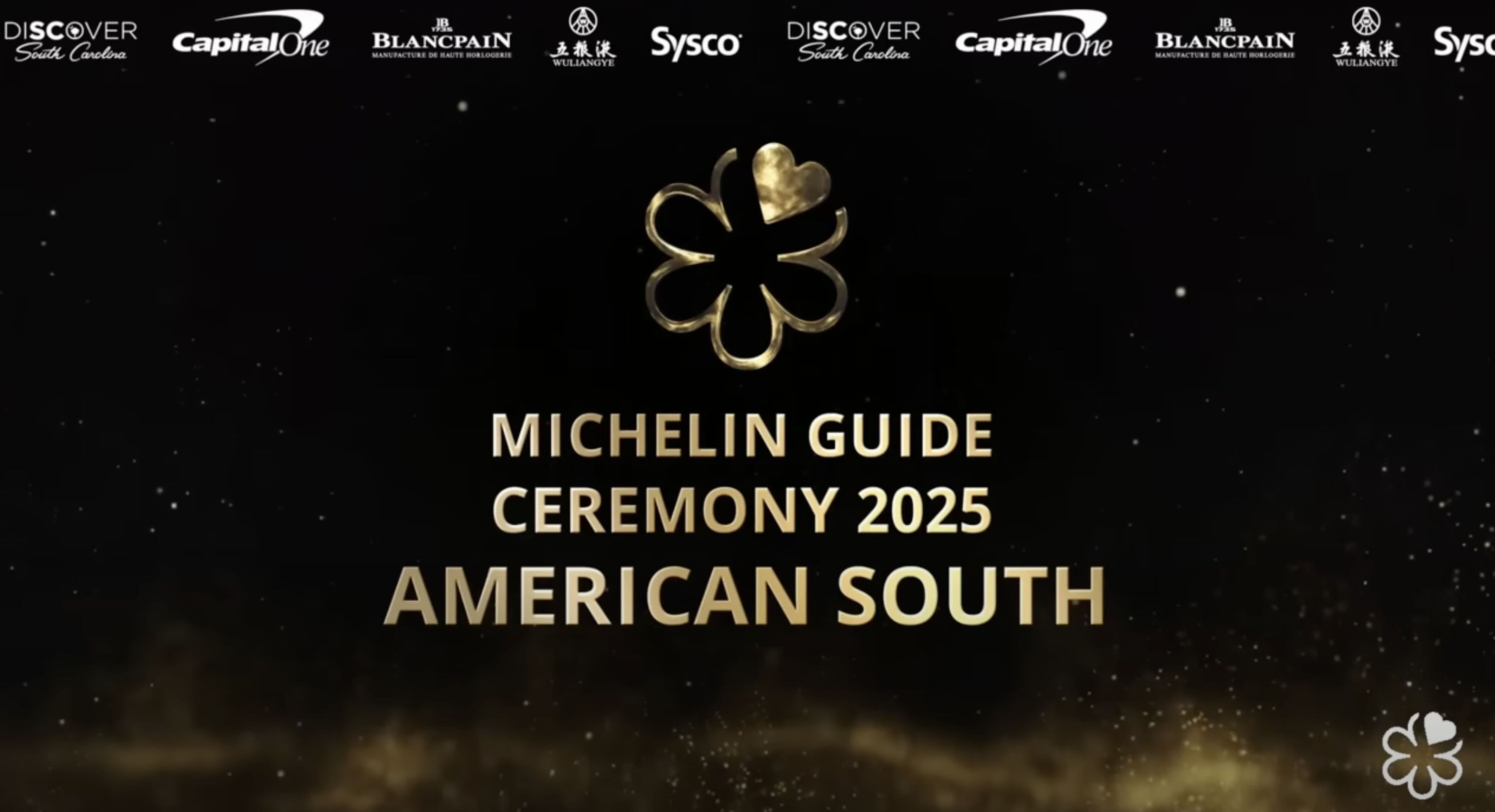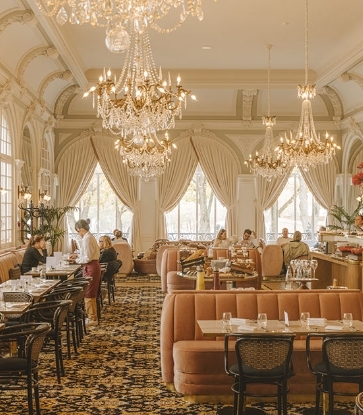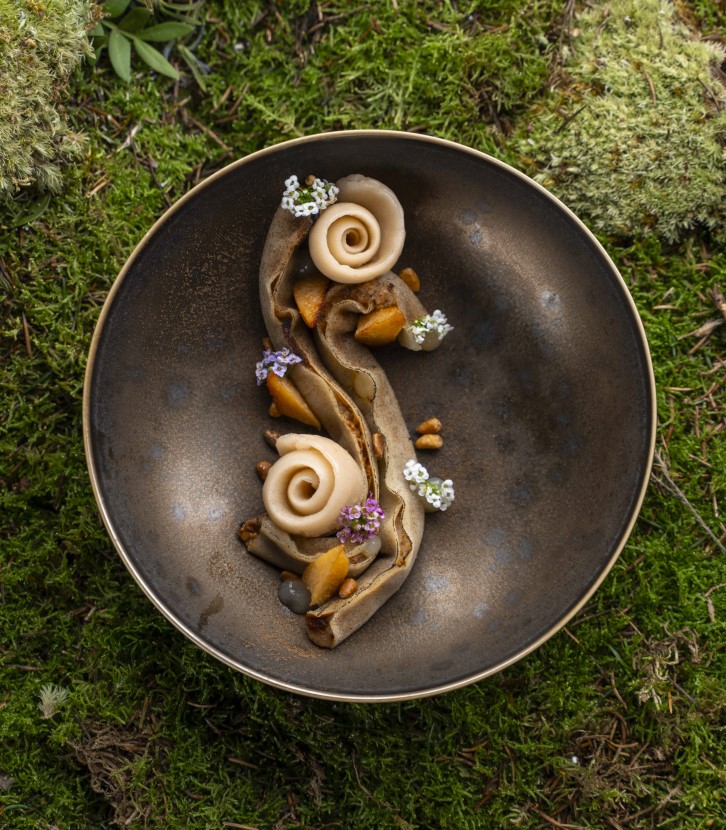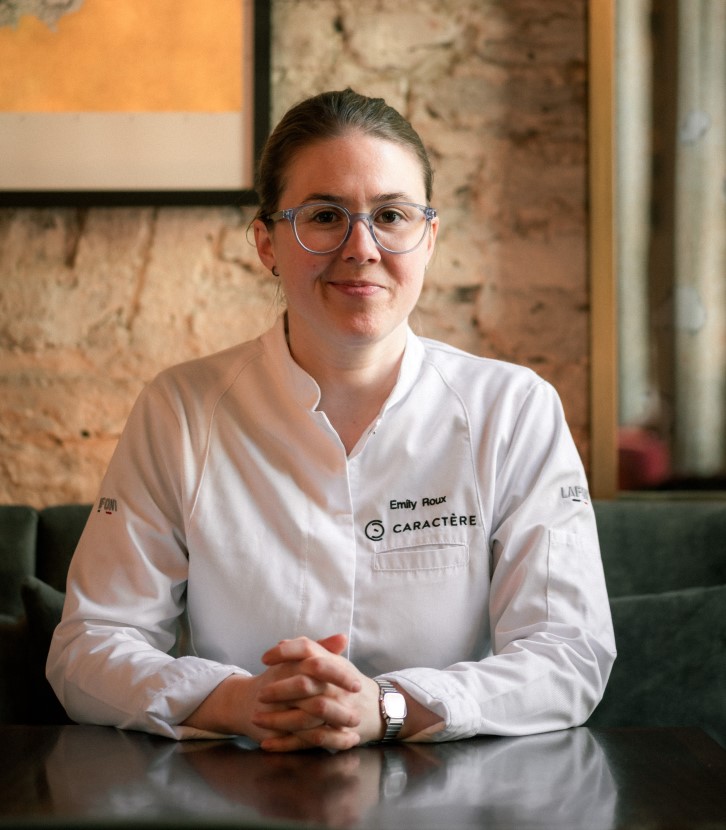The MICHELIN Green Star is awarded to restaurants who are at the forefront of the industry in sustainability. From sustainable cocktails to sustainable dining being a way of life in Baja California, these restaurants prove that being green can be just as tasty as their counterparts.
That’s why, every week, whether it's a restaurant that’s trained 2,000 employees to be more sustainable or a restaurant with a butchery that always uses the whole animal, we highlight a Green Star restaurant in North America, sharing their sustainability story and why it means so much to them.
Opened by Chef Jesse Griffiths and co-owner Tamara Mayfield, MICHELIN Bib Gourmand and Green Star Dai Due has roots dating back two decades. He started by building meals based on availability at the farmers' market, and by being strict about sourcing locally for produce, meat, fish, dairy, and wine, while using local butter, lard, beef tallow, and olive oil rather than seed oils.
Later, Griffiths began selling his own meats and ferments at the market and educating others. He wrote The Hog Book about hunting, butchering, and cooking wild hogs, and he opened the New School of Traditional Cookery based on hunting and fishing, which includes butchering, skinning, gutting, packaging, preserving, and cooking.
Before you dive in, check out our Inspectors' take on Dai Due here.

What is your philosophy on sustainability?
If you are invested in your community and you're invested in the area around you, you'll make better decisions about where you source food and how that food is sourced. That starts with a relationship with the producer, be that a fisherman in the Gulf or a farmer or a rancher or someone that's growing mushrooms here in town. If you know that person, you can foster this relationship with them that will then be better for the community.Almost always, these small producers in the community are doing things in a much more equitable, better, and sustainable way. We have to take care of the people that raise the food and the animals around us. If we're supporting them, it ensures that our area and our resources are protected and stewarded in the best way.
What’s the most sustainable dish on the menu?
Our oyster initiative. Texas is the last state to allow farming of oysters. As these oyster farms are coming on board, we're starting to see these incredibly high-quality oysters, and they're putting something back into the bay. They're reseeding oysters. They're creating habitat. They're not destroying any habitat. And they're basically rebuilding what we've been destroying for so long.

Tell us about your most impactful initiative.
Feral hogs! Northern California is a massive produce-growing region, so if you were to open a restaurant there that's really focused on local food, it could be vegetables. Those areas are lush.
Texas is a very meat-centric place because of the terrain, topography, and water. Granted, we grow beautiful produce here—citrus, corn, potatoes, tomatoes, peppers—but we are very much a meat culture.
Our goal has been to promote the consumption of feral hogs. We are lessening their terrible impact on the environment, waterways, crops, and the competition that they have with native species like deer, quail, insects, and biomass under the ground. Taking an invasive, highly destructive feral hog, which causes millions of dollars in damage to agricultural crops in Texas every year, and being able to turn that into a viable food source is very important. They're perceived as being dangerous to eat or inedible, and it's just not true.
And the way that other meat is produced in this country is drastically in need of change. Every pound of feral hog that we can serve is one less pound that might need to be taken out of a more broken food system.

What can other restaurants do to be more environmentally conscious?
Do your research and understand what these words mean. There's a lot of words thrown out there: all natural, local, things like that.Get to know the product. Get to know the people growing the product. Ask questions. Learn about practices. Learn how and why chickens were raised in a certain way. Learn how long beef has been on a feedlot, or if it even went to a feedlot, learn about how long the trip was between the pasture and the slaughterhouse. Go to a slaughterhouse. See it happen.
Go work on a farm. Find out what it's like to wake up after a hailstorm has come in and destroyed every tomato that you had. You'll never look at a tomato again the same way because you realize how incredibly hard all these people work to do it.
Find out when the tomato is planted, what kind of soil it prefers, and find out where that lamb was raised and what it ate, and what happens when a drought rolls through.
You gotta find out on that front end, and that'll really inform a lot of your decisions in the kitchen, and also foment a lot of respect for the food. Understand how precious every single item that walks in that back door is.
What’s one thing everyone can do to be more environmentally friendly in their daily lives?


What do you view as the future of sustainability in gastronomy?
I really believe in local food systems. Utilization of resources from far away distances ourselves too much from that source and from caring about that source.We need to shatter the entire system into a million small pieces, where we're reliant on our neighbors, and we can return to a more agrarian production society and create strong communities around food that are local. And then we will start to steward those resources.
We'll take care of the areas that they are grown in. You have to keep small producers, small farmers, small ranchers, beekeepers, people making cheese in business. We have to support them.
Hero image: Jeff Wilson / Jesse Griffiths of Dai Due







